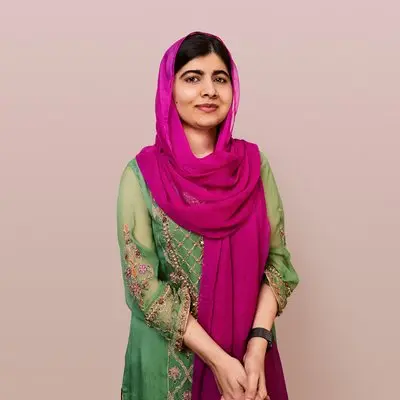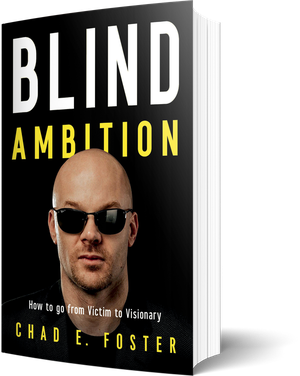
Malala Yousafzai
Malala Yousafzai is the youngest Nobel Peace Prize laureate, a global advocate for girls' education, and co-founder of the Malala Fund.
Background & Expertise
Malala Yousafzai has emerged as one of the world’s most influential advocates for girls’ education and women’s rights, following her extraordinary journey from surviving a Taliban assassination attempt to becoming the youngest Nobel Peace Prize laureate in history. After being targeted for speaking out about girls’ right to education in Pakistan’s Swat Valley, Yousafzai has transformed personal tragedy into global impact through the Malala Fund, which champions every girl’s right to 12 years of free, safe, quality education.
Yousafzai’s expertise in education advocacy and social change comes from both lived experience and subsequent academic study at Oxford University. Her unique perspective combines the immediate reality of educational inequality in conflict zones with sophisticated understanding of policy mechanisms and systemic barriers. Unlike many speakers on global education who approach the topic primarily through theoretical or statistical lenses, Yousafzai brings authentic insight into both the personal consequences of educational deprivation and the transformative power of learning as a path to individual and societal advancement.
Signature Concepts & Methodologies
Education as Liberation Framework
Yousafzai’s approach to education as fundamental to personal freedom and societal progress, particularly for girls and women.
Local Leadership Model
Her methodology emphasizing support for community-based education advocates rather than imposing external solutions.
Courage Cultivation Process
Yousafzai’s approach to developing moral courage through specific practices and mindsets, regardless of age or circumstances.
Intersectional Education Advocacy
Her framework addressing how gender, poverty, conflict, and other factors create compound barriers to educational access.
Amplification Strategy
Yousafzai’s methodology for elevating marginalized voices and creating platforms for girls to advocate for their own educational rights.
Books & Thought Leadership
- I Am Malala: The Girl Who Stood Up for Education and Was Shot by the Taliban - Her international bestselling memoir.
- We Are Displaced: My Journey and Stories from Refugee Girls Around the World
- Co-founder of the Malala Fund, which has invested in education programs in Afghanistan, Brazil, India, Lebanon, Nigeria, Pakistan, and other countries.
- Nobel Peace Prize recipient (2014) and youngest-ever United Nations Messenger of Peace.
- Executive producer of documentary and feature films highlighting girls’ education globally.
Speaking Style & Audience Experience
Yousafzai delivers presentations with quiet power, moral clarity, and surprising humor that captivates audiences across cultural and generational boundaries. Her speaking style combines personal narrative with global perspective, creating sessions that connect individual stories to systemic challenges and solutions. She excels at making complex geopolitical issues understandable through human-scale stories, often centering the experiences of girls whose voices might otherwise go unheard.
What distinguishes Yousafzai’s keynotes is her unique ability to balance unwavering moral conviction with genuine openness to dialogue—addressing controversial topics with both principled clarity and nuanced understanding. She creates transformative moments through the contrast between her youth and the wisdom of her insights, challenging audience assumptions about age, gender, and cultural background. Attendees consistently report gaining new perspective on both global education challenges and their own capacity to create meaningful change.
Ideal Audiences & Event Types
- Education policy conferences and global development forums
- Corporate social responsibility and philanthropy summits
- Women’s rights and gender equality initiatives
- University and youth leadership events
- International relations and peace-building gatherings
- Organizations focused on education access and human rights
Recent Focus Areas
- Addressing educational disruption from conflict, climate change, and public health crises
- Developing digital education solutions for regions with limited infrastructure
- Building global coalitions for education funding and policy reform
- Advancing women’s leadership in post-conflict reconstruction
- Creating sustainable education models in refugee and displaced communities
